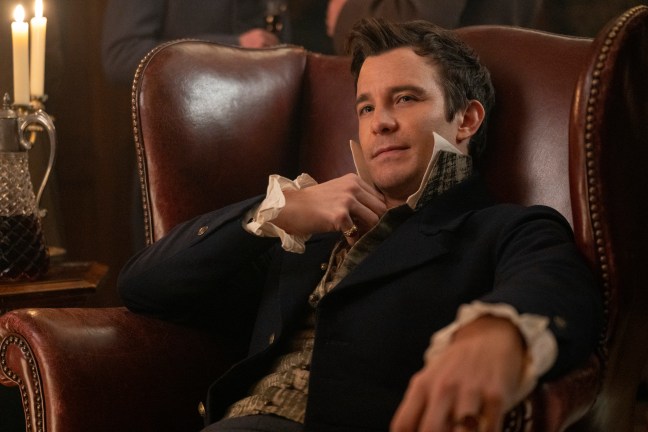The smell of urine kept wafting over me as I wrestled to find a comfortable position on the hard floor. I tried to tuck the scarf that I’d pulled over my eyes over my nose as well so I could escape the putrid stench. Piss never smells good. Certainly not when it’s been fermenting for God knows how long in a passageway. This, though, is the least of your problems when you’re a rough sleeper.
I recently took part in a documentary – Famous, Rich and Homeless – for Sport Relief on BBC One, highlighting the issue of homelessness, which meant sleeping rough for a week. I’m not pretending I know everything about this ever-growing problem after such a short spell but it was one of the hardest things I’ve ever done. And I don’t know why they call it ‘rough sleeping’ because you don’t sleep.
What I realised is that when you live on the streets you very quickly become invisible
After just a couple of nights, the sleep deprivation took effect, alongside the bad diet and humiliation of begging for money. I began to understand how hard life without a place to call home really is. You become physically and mentally drained, as well as grubby. Stolen moments in an accessible McDonald’s loo don’t really amount to a freshen up but the chance to brush your teeth and relieve yourself anywhere but the streets is welcome. Above all else, what I realised is that when you live on the streets you very quickly become invisible. And that’s a reality for thousands of people across the UK.
My brief experience made me want to learn more about homelessness and what we can do to help people who exist on pavements and in ‘hostiles’, as the hostels are known. The response to the programme has been overwhelming. Millions tuned in, and hundreds of thousands of pounds have been raised for various homeless charities across the country.
So when the BBC asked me to present another appeal on behalf of a charity trying to help the homeless in an inventive way, how could I say no?
The charity, Church Housing Trust, helps homeless people rebuild their lives, whether it’s with basics like a towel and a toothbrush when they first arrive in a hostel or invaluable training to get them into work.









